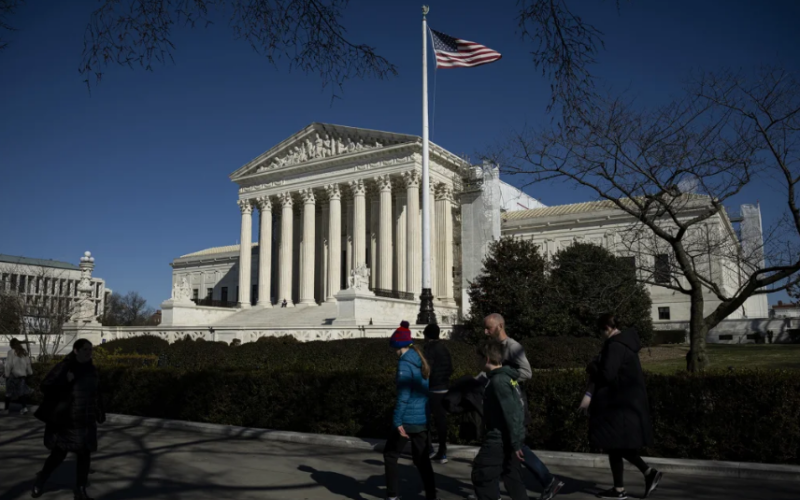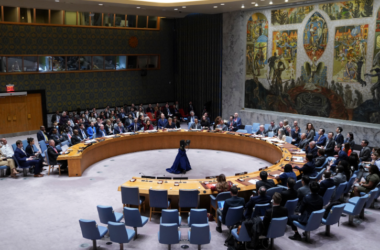As the United States gears up for a landmark election, voters find themselves at a critical juncture, facing a stark choice on matters of foreign policy that could shape the nation’s trajectory on the global stage for years to come. Against a backdrop of geopolitical uncertainty and shifting alliances, incumbent President Donald Trump’s approach to international affairs emerges as a polarizing yet compelling proposition, garnering newfound traction among segments of the electorate.
The upcoming election presents voters with a momentous decision: to embrace the familiar yet controversial foreign policy doctrine espoused by President Trump or to chart a new course under the leadership of Democratic challenger. With the stakes higher than ever and the world watching intently, the outcome of the election holds profound implications for the United States’ role in shaping the future of global diplomacy, security, and prosperity.
President Trump’s foreign policy platform, characterized by a blend of nationalist rhetoric, unilateral action, and strategic unpredictability, has reshaped America’s engagement with the international community over the past four years. From renegotiating trade agreements and withdrawing from multilateral accords to confronting adversaries with a mix of economic sanctions and military force, the Trump administration has pursued an agenda aimed at prioritizing American interests above all else.
Central to Trump’s appeal on foreign policy is his unabashed commitment to putting “America First,” a rallying cry that resonates with segments of the electorate disillusioned with decades of perceived foreign entanglements and globalism. By championing a vision of assertive nationalism and economic protectionism, Trump has tapped into a vein of populist sentiment that views traditional diplomatic norms and institutions with skepticism.
Moreover, Trump’s unorthodox approach to foreign relations, characterized by a willingness to engage directly with authoritarian leaders and eschew conventional diplomatic channels, has yielded both praise and condemnation. While critics decry his embrace of strongmen and his propensity for brinkmanship, supporters applaud his willingness to challenge the status quo and pursue unconventional solutions to entrenched geopolitical problems.
In contrast, the Democratic challenger presents a markedly different vision for America’s role in the world, one grounded in principles of multilateralism, cooperation, and diplomacy. With a pledge to rebuild alliances, recommit to international agreements, and restore America’s standing as a global leader, the Democratic candidate offers a stark departure from the Trumpian paradigm.
However, amid mounting global challenges ranging from the COVID-19 pandemic to escalating tensions with China and Russia, some voters may find themselves drawn to Trump’s promise of decisive action and unwavering resolve. The perception of strength and stability in the face of external threats, coupled with a track record of delivering on campaign promises, could tilt the scales in favor of the incumbent president.
As the election draws near, the American electorate grapples with a momentous decision that transcends party lines and ideological divides. With the world in flux and America’s role in shaping its future hanging in the balance, voters face a daunting choice on foreign policy that will reverberate far beyond the confines of the ballot box.
Ultimately, the outcome of the election will hinge on the collective judgment of the American people, who must weigh the competing visions of leadership and decide which path best serves the nation’s interests in an increasingly interconnected and uncertain world. In the crucible of democracy, the fate of US foreign policy rests in the hands of the electorate, poised to shape the course of history with their vote.








